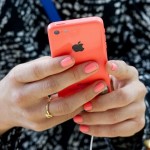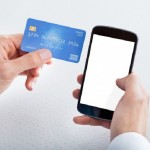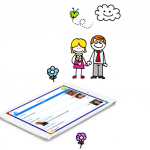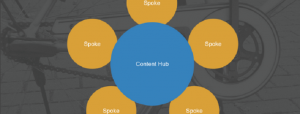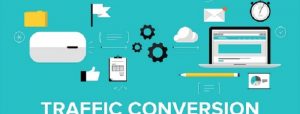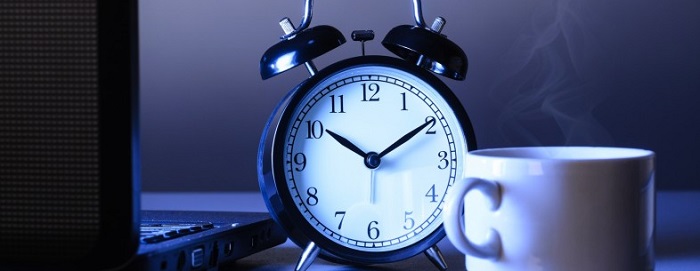
Do you often receive useless notifications from the apps on your phone when you are asleep, taking a shower, or some other random inconvenient location and time?
Every Saturday morning, I wake up to a ton of notifications inviting me to check out the latest sales or use coupons for discounted coffee, or some other ridiculously unnecessary offer irrelevant to my current state of mind. Companies that are doing this must stop! It is bad and useless marketing that is spammy and does not work!
The most recent research on mobile marketing shows that 42 percent of the consumers feel that none of the marketing communications they receive from businesses on their mobile devices are relevant nor useful. So if you think I am exaggerating, almost half of the consumers out there who feel the same way as I do must prove that I really am not.
So how can mobile marketing become more relevant? The answer is simple: personalization and localization.
Wouldn’t it be so much better if you only received notifications when you really needed them? For instance, when you pass by a coffee house and get a notification that there is a discounted deal for your favourite drink, or when you’re in a supermarket and get a notification telling you that there is deal for your favourite wine?
How can businesses provide such a personalized and location-aware mobile experience?
Consumers agree to share a great deal of our personal information with brands when we download their apps, such as our location, shopping preferences, demographics, and lots more. Here, companies have the means for personalization.
Secondly, emerging location targeting technologies, such as iBeacon and geofencing, can enable apps to target consumers individually based on all the information we provide them with.
The forward thinking companies have already started embracing these beautiful technologies. Here are a few examples.
Who’s already using iBeacon?
iBeacon is a low energy Bluetooth 4.0 technology introduced by Apple which makes it possible to detect how close an iPhone is within a range of max 50m. Say, your favorite shopping mall had iBeacons installed, all you would have to do is download their app and share your location. The offline shopping experience would become exciting again!
So who is already using them? Apple, of course, has been using them for its 254 retail stores across the U.S. since December 6th, 2013 to enhance customers’ shopping experience.
After some rumors about ballparks planning to install iBeacons, San Francisco Giants (and most of MLB) have confirmed to be using Apple’s iBeacon. Both fans with Android and iOS devices can receive alerts within their stadiums via the ‘At the Ballpark’ app. The app users receive maps, concession info, video clips and the ability to upgrade your seat at the entrance and once checked in they can also get tailormade notifications and relevant offers.
Macy’s and American Eagle have started delivering the iBeacon experience via both the Shopkick app and Macy’s own apps.
Philips took this micro targeting technology to the next level: the company created a lighting system with built in iBeacon for retailers to send notifications to a customer’s phone. After testing it at a retailer in Dusseldorf, Germany, Philips declared that it’s possible to send notifications to visitors and direct them to the right locations in the store.
Read more: Who needs coffee while they’re sleeping? Why companies need to embrace location-based marketing




